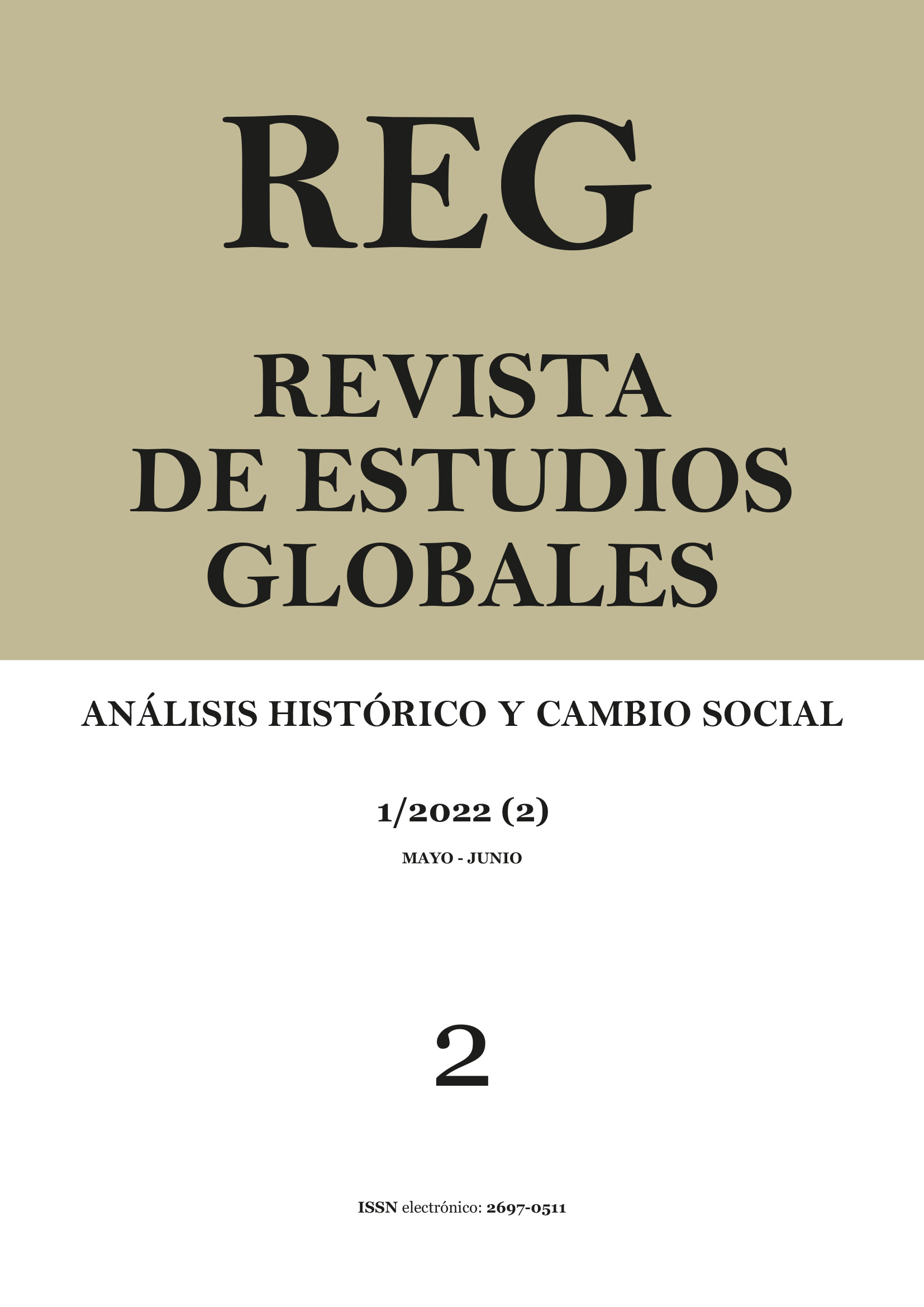The global crisis is a crisis of civilization: a political ecology perspective
Resumen
Inspirado en las corrientes intelectuales de la ecología política, este ensayo pretende arrojar luz sobre la crisis del mundo contemporáneo. Las ciencias sociales, o la ciencia a secas, requieren una profunda y urgente renovación con el fin de poner de relie-ve las estructuras hegemónicas del conocimiento; los estudios sobreespecializados, tan comunes en las últimas décadas, apenas son capaces de capturar fragmentos o pedazos de la realidad pasando por alto o ignorando las relaciones de poder políticas estrecha-mente vinculadas con el mundo que pretenden estudiar. Es evidente que se requiere una transformación radical en todos los ámbitos de la vida social y el primer paso es aceptar que no estamos ante un simple cambio económico, tecnológico o cultural, sino ante una transformación de la civilización humana.
Descargas
Métricas
-
Resumen1291
-
pdf 414
Citas
Boyack, K. W. & R. Klavans (2013), «Creation of a highly detailed, dynamic, global model and map of science», Journal of the Association for Information Science and Technology, 65, pp.670-685. Available in https://doi.org/10.1002/asi.22990
Cano-Ramirez, O.E. (2017), «Capitaloceno y adaptación elitista», Ecología Política, 53, pp. 101-120.
Credit Suisse Global Wealth Report (2021). Available in: https://www.credit-suisse.com/aboutus/en/reports-research/global-wealth-report.html
Crutzen, Paul, J. & E. F. Stoner (2000), The «Anthropocene», IGBP Newsletter, 41, pp. 17-18.
Crutzen, P.J. (2002), «Geology of mankind». Nature, 415, p. 23. Available in https://www.nature.com/nature/journal/v415/n6867/full/415023a.ht
González de Molina, M. & V.M. Toledo (2014), The Social Metabolism. A Socio-Ecological Theory of Historical Change. Environmental History, Volume 3, Switzerland: Springer International Publishing.
Koestler, A. (1967), The Ghost in the Machine, London: Hutchinson Publ.
Martinez-Alier J., Anguelovski I., Bond P., Del Bene D., Demaria F., Gerber J.-F., Greyl L., Haas W., Healy H., Marín-Burgos V., Ojo G., Porto M., Rijnhout L., Rodríguez-Labajos B., Spangenberg J., Temper L., Warlenius R. and I.Yáñez (2014), «Between activism and science: grassroots concepts for sustainability coined by Environmental Justice Organizations», Journal of Political Ecology, 21, pp. 19-60.
Mc Neill, J. R. & Peter. E. (2016), The Great Acceleration: An Environmental History of the Anthropocene since 1945, Cambridge, MA: Harvard University Press.
Montuori, A. (2013), An Overview of Edgar Morin’s Intellectual Journey, Meta Integral Foundation. Available in https://www.researchgate.net/publication/260603130_Edgar_Morin_and_Complex_Thought
Moore, J. W. (2015), Capitalism in the Web of Life: ecology and the accumulation of capital, London and New York: Verso Books.
Moore, J. W. (ed.), 2016. Anthropocene or Capitalocene? Nature, history and the crisis of capitalism, Oakland: PM Press.
Morin, E. (2008), On complexity, Cresskill, NJ: Hampton Press.
Morin, E. (2014), «Complex Thinking for a Complex World – About Reductionism, Disjunction and Systemism», Systema, 2 (1), pp. 14-22.
Oxfam International Report (2022). Available in https://www.oxfam.org/es/taxonomy/term/1480
Serratos, F. (2021), El Capitaloceno. Una historia radical de la crisis climática, México: UNAM y Festina Ediciones.
Toledo, V.M. (1993), «Modernity and Ecology: the new planetary crisis Capitalism, Nature, Socialism», CNS, 4 (4), pp. 31-48.
Toledo, V.M. (2019), «What are we saying when we talk about sustainability?», The Jus Semper Global Alliance, July. Available in: https://www.jussemper.org/
UNESCO (2015), «UNESCO science report: towards 2030», Paris: UNESCO publishing.
Vitali, S., Glattfelder, J. B. & S. Battiston (2011), «The network of global corporate control», PLoS ONE 6 (10), e25995. Available in: https://doi.org/10.1371/journal.pone.0025995

Derechos de autor 2022 Revista de Estudios Globales. Análisis Histórico y Cambio Social

Esta obra está bajo una licencia internacional Creative Commons Atribución-NoComercial-SinDerivadas 4.0.









